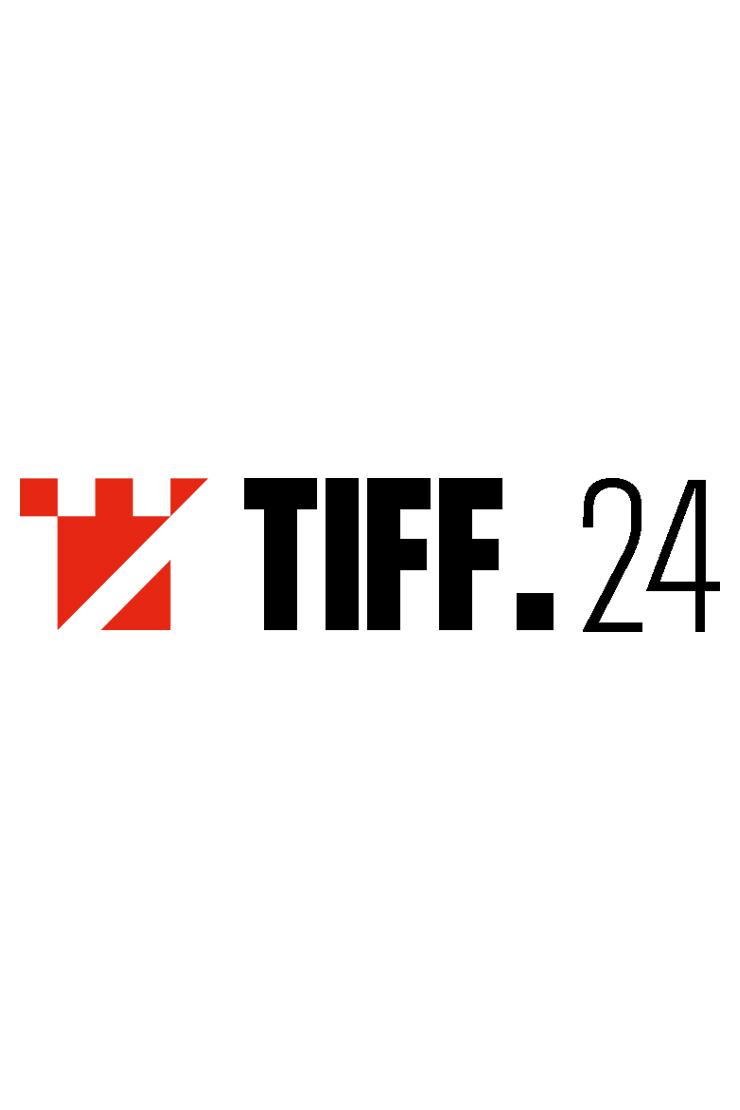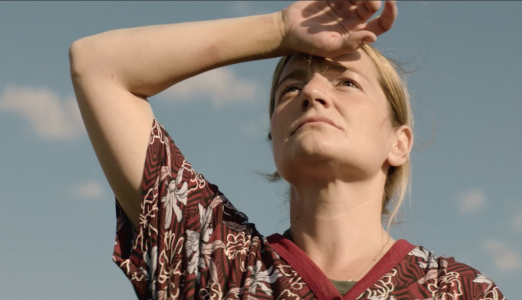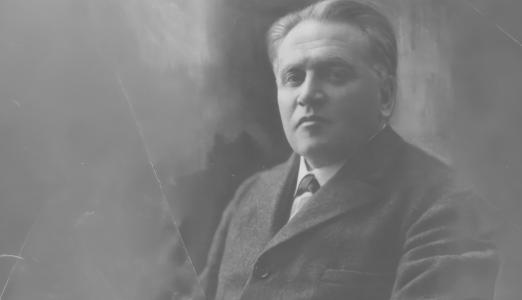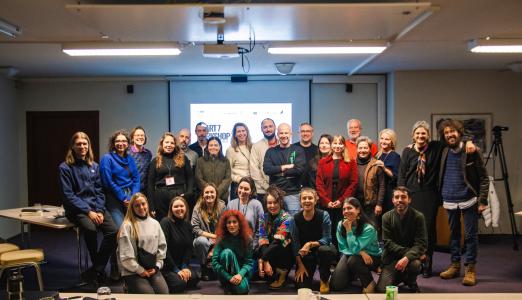Emotion and suspense in the TIFF 2015 competition
Emotion, extreme tension and pleasantly surprising attempts of young filmmakers to revive genre cinema are the main ingredients of this year's TIFF Official Competition (May 29 – June 7).

12 films will compete this year for the Transilvania Trophy – five are debut features and seven are made by second time directors – and they come from countries such as Argentina, Belgium, Bulgaria, Denmark, France, Germany, Greece, Iran, Iceland, Great Britain, Mexico, Spain and the USA.
“This year, I favored intimate films and those productions that resort, in an intelligent and surprising manner, to the conventions of genre cinema. On one hand, emotion, and on the other, tension. I was interested in the manner in which filmmakers who made their first or second feature can make the most – through editing, great acting and of directorial savoir faire – of the impact of these stories, which start from a limited set-up, budget and number of characters. It’s wonderful to see the way in which all this turns, in time, into sheer emotional or suspenseful tornados. There are films with only two or three characters, films whose story rarely leaves the four walls of a room, films whose tense action scenes are more efficient than any Hollywood blockbuster”, says Mihai Chirilov.
Rams (by Grímur Hákonarson) comes to TIFF directly from Cannes’ Un Certain Regard competition and tells the story of two brothers who haven’t talked to each other for the past four decades but whose lives change the minute they have to save their most precious possession: their sheep. Equally heartbreaking is Radiator (by Tom Browne), a debut film that has been compared to Amour, about the way in which, with old age, parents become children. The film stars Richard Johnson, who has a personal history with Romanian cinema (he played Commander Tiberius in Mircea Dragan’s Column), and Gemma Jones, known from Bridget Jones's Diary and Sense and Sensibility.
Venice sends to Cluj a utterly unbiased film, Summer Nights (by Mario Fanfani), in which the male part of an apparently perfect couple has a dark secret: every weekend, Michel goes to a house in the forest and becomes Mylène. From the 2014 Karlovy Vary competition comes Paris of the North (by Hafsteinn Gunnar Sigurðsson), a dramedy about a father-son relationship in which a professor decides to see his father after a couple of AA meetings. Sigurðsson returns, thus, to the TIFF competition after his first visit, in 2012, with Either Way.
Suspense and action are key ingredients in Six Year Plan (by Santiago Cendejas), a noir thriller combination à la David Lynch, found on the edge between voyeurism and invasion, and in The King's Surrender (by Philipp Leinemann), in which two policemen die during a violent confrontation and their colleagues have one purpose only: revenge. Suspenseful scenes abound in The Lesson (by Kristina Grozeva and Petar Valchanov), a realist drama à la Dardenne Brothers about a teacher who goes to the extreme because of her debts, and in Melbourne (by Nima Javidi), the Best Screenplay award recipient in Stockholm and a Venice official selection film, which tells the story of a couple faced with a difficult moral dilemma triggered by a tragic incident.
In the lively 600 miles (by Gabriel Ripstein), winner of the Best Debut Film at Berlin 2015, Tim Roth plays an American agent whose fate is inexorably connected to the young smuggler he’s chasing. Another Best Debut Film – this time at the 2015 Goya Awards – is 10.000 kilometers (by Carlos Marques-Marcet), a passionate love story which takes place through Skype. Both in this film and in the troubling The Fire (by Juan Schnitman) and Melody (by Bernard Bellefroid), the story focuses exclusively on two characters. The Fire follows a couple that falls apart and Melody talks about a delicate and very recent subject – surrogate mothers.





